The 5 strongest arguments for a self-driving future
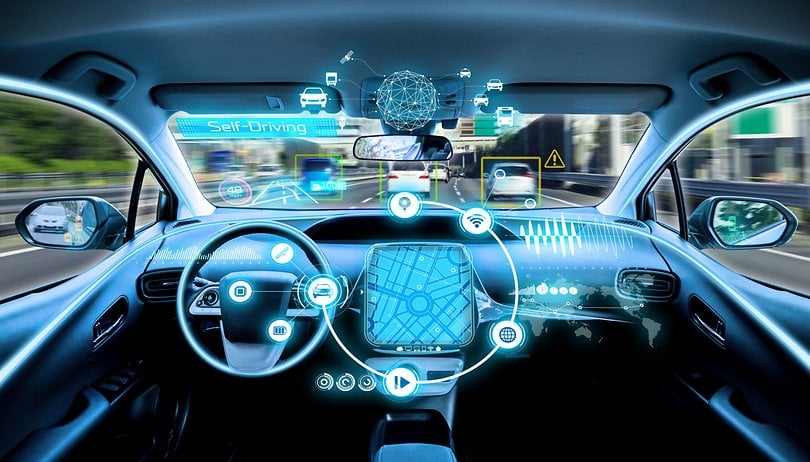

Self-driving cars often get bashed online and by the media, but an autonomous future is almost certainly on the cards. It could happen sooner rather than later. With concerns constantly being raised (and I am one of those who has written such articles), now it’s time to put a positive spin on things.
So here are the five strongest arguments that car manufacturers, tech enthusiasts and inventors have put forward for self-driving vehicles becoming the future of how we get around in our futuristic urban landscapes.
Safety - the number one argument
Safety is, above all, the strongest argument that proponents of self-driving vehicles have over anything else. As most road accidents are caused by human error, autonomous driving has the potential to reduce road traffic accidents and, more importantly, fatalities occurring on our roads, to zero.
Imagine a world with no tailgating, no reckless or aggressive driving, no road rage, no distracted drivers texting or on the phone, no drunk drivers! Think about a freeway with no long-haul truck drivers that haven’t slept in 20 hours.
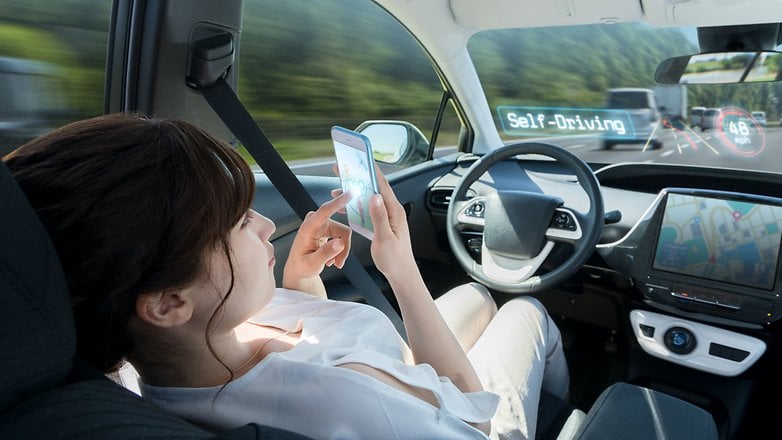
Studies in America have found that autonomous vehicles could eliminate 90% of all auto accidents. The savings would be huge - around $190 billion in damages and health costs - as well as the saving of thousands of lives per year.
The counter-argument: the safety argument relies on the software and the artificial intelligence behind autonomous vehicles being 100% reliable and 100% accurate. These studies often do not factor in the potential for malware, hacks or bugs.
Less traffic - the easiest to sell to the general public
Survey any group of drivers in any developed country in the world and traffic would be top of their list of gripes. As the argument goes, with all of our autonomous cars following the same rules in an obedient manner, traffic in built-up areas could be managed much better.
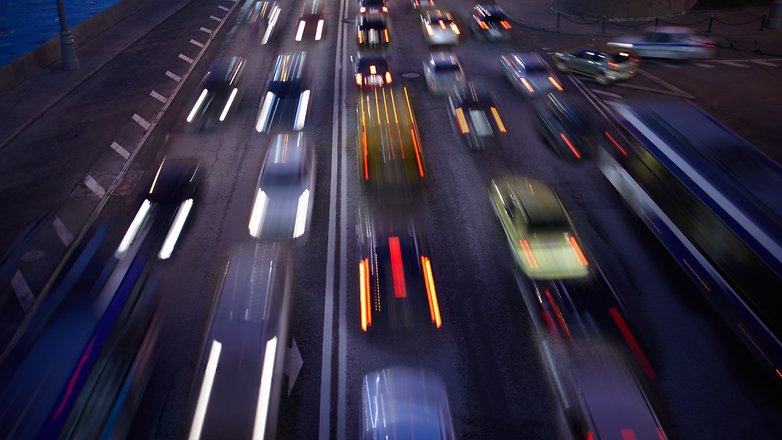
With an increase in safety, speed limits could also be much higher. Cars could drive much closer together, because reaction times and braking distances become less of an issue. Increased highway capacities, fewer traffic police officers and little need for electronic road signs - there are savings and efficiency gains all over the place.
The counter-argument: The only real argument against reduced traffic congestion is the one that says it is not possible due to the reliability of the technology.
Productivity gains - the one capitalism cares about
Another strong argument in favor of autonomous vehicles is increased productivity and reduced labor costs. Why have your workforce behind the wheel on their way to work when they could be working on their way to work? Think about those that are either too old or too young to drive, and the possibilities that autonomous vehicles would open up to those people. The same applies to those that are unable to drive due to disabilities.
What about those who drive for a living? Truck drivers, taxi drivers and bus drivers could all be out of a job, which is good news for the companies and governments that pay them.
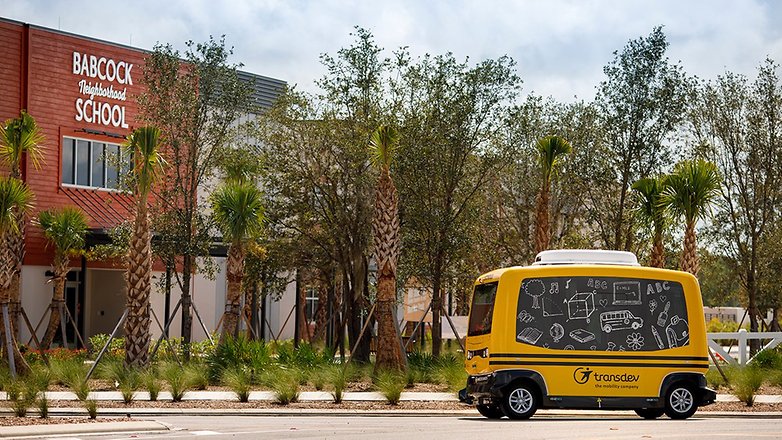
At TechCrunch Disrupt in Berlin last month, I spoke with Tim von Toerne, Co-Founder and COO of Kopernikus Automative, a company that can retrofit today’s cars to make them self-driving. He put it quite bluntly when talking about the potential for using his equipment to move cars around Volkswagen's production facilities: “VW currently has about 4,000 drivers, on German salaries… that’s a big saving.”
The counter-argument: machines taking over human jobs is not going to win over voters, and would increase the likelihood of public resistance to disruptive innovation. This is where dystopia starts.
Lower costs - for the everyday consumer
When you calculate the costs for the everyday driver, autonomous driving provides long-term saving opportunities in more than one area. If the improvements in safety can be realized, we can expect a dramatic decrease in motor insurance premiums. There is also a strong argument for autonomous driving leading to much greater fuel efficiency, either in terms of traditional fuel or a reduction in electricity required through renewable energy sources.
Then there are the costs associated with owning a personal vehicle. If an autonomous driving future is successful, the need for having your own car could be removed entirely, leading to a reduction in the purchase and maintenance costs that come with car ownership. This leads us nicely onto our fifth and final argument.
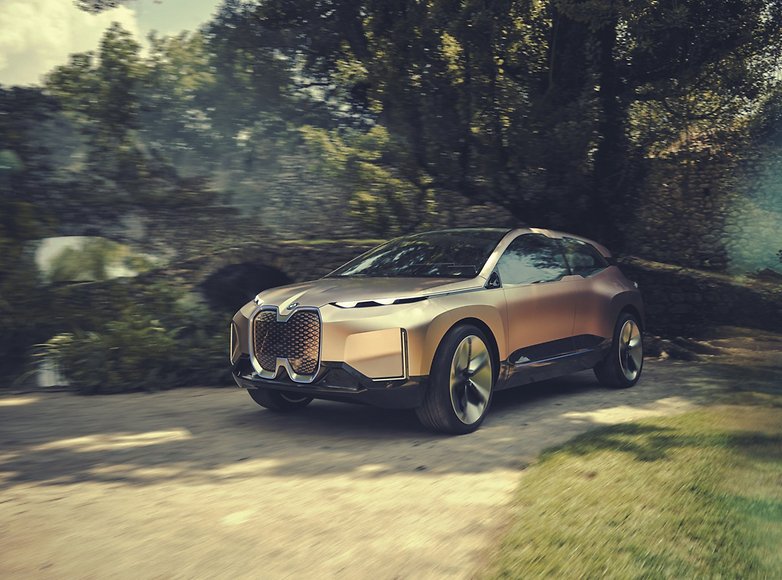
The counter-argument: there are greener alternatives that already provide the same (or even better) cost benefits to car ownership today. The cost of autonomous public transport remains a contentious point. If Elon Musk ever gets his LA tunnel network up and running, can we really expect it to be cheaper than the bus?
Parking space and environmental benefits - for the long-term dreamer
Car ownership could hardly be less efficient than it is today. It is estimated that collectively, of all the cars we own, only about 5% of them are being used at any given time. That means that 95% of the time, our vehicles are stationary, or being wasted, as proponents of this argument would say. The effect of all this wasted metal and rubber is that more space is required to park our static cars. In Los Angeles, a particularly car-loving city, 14% (or about 17 million square meters) of all land is used for parking facilities.
Those that believe that self-driving vehicles can alleviate this problem argue that by having fewer cars collectively, but using the ones we do have on the roads for longer, saves space. For this to work, of course, better sharing schemes and public transport systems would be needed to make it a reality. Still, turning all of those parking lots into parks and public spaces sounds like a nice idea.
The counter-argument: people like owning their own cars and the freedom and convenience that comes with it. Cars are status symbols, as well as practical means of transport. Convincing a materialistic society to give that up in the name of a collective greater good remains a huge challenge.
What do you think about the arguments presented in this article? Something you don’t agree with or think we missed? Have your say below the line.






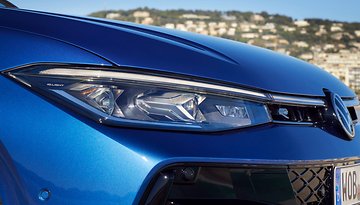
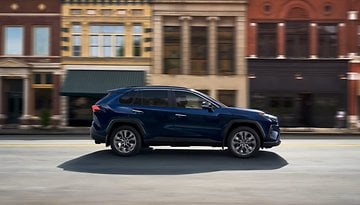
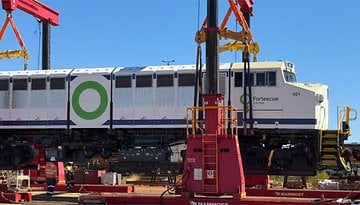











Let's see how they perform on dirt roads with ruts, rocks and such. For most just a hiking trailhead parking lot or ski area parking lot with hand signals from some one in hat, glasses parka and mittens. Too much talk of urban conditions. Rural and recreational use are important too. Lots of skibride in the winter from Uber and Lyft. Difficult to automate the snowy conditions, obscured road markings too.